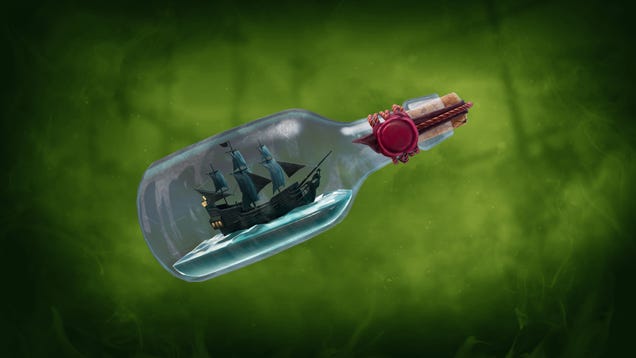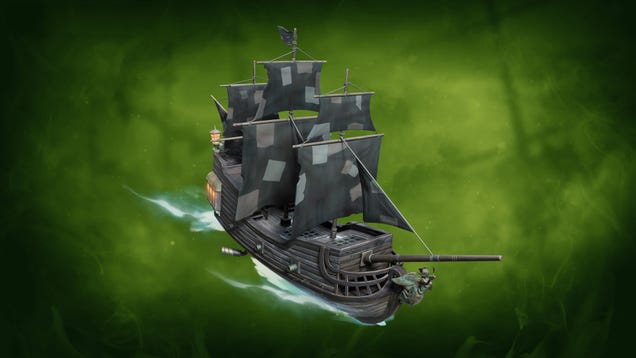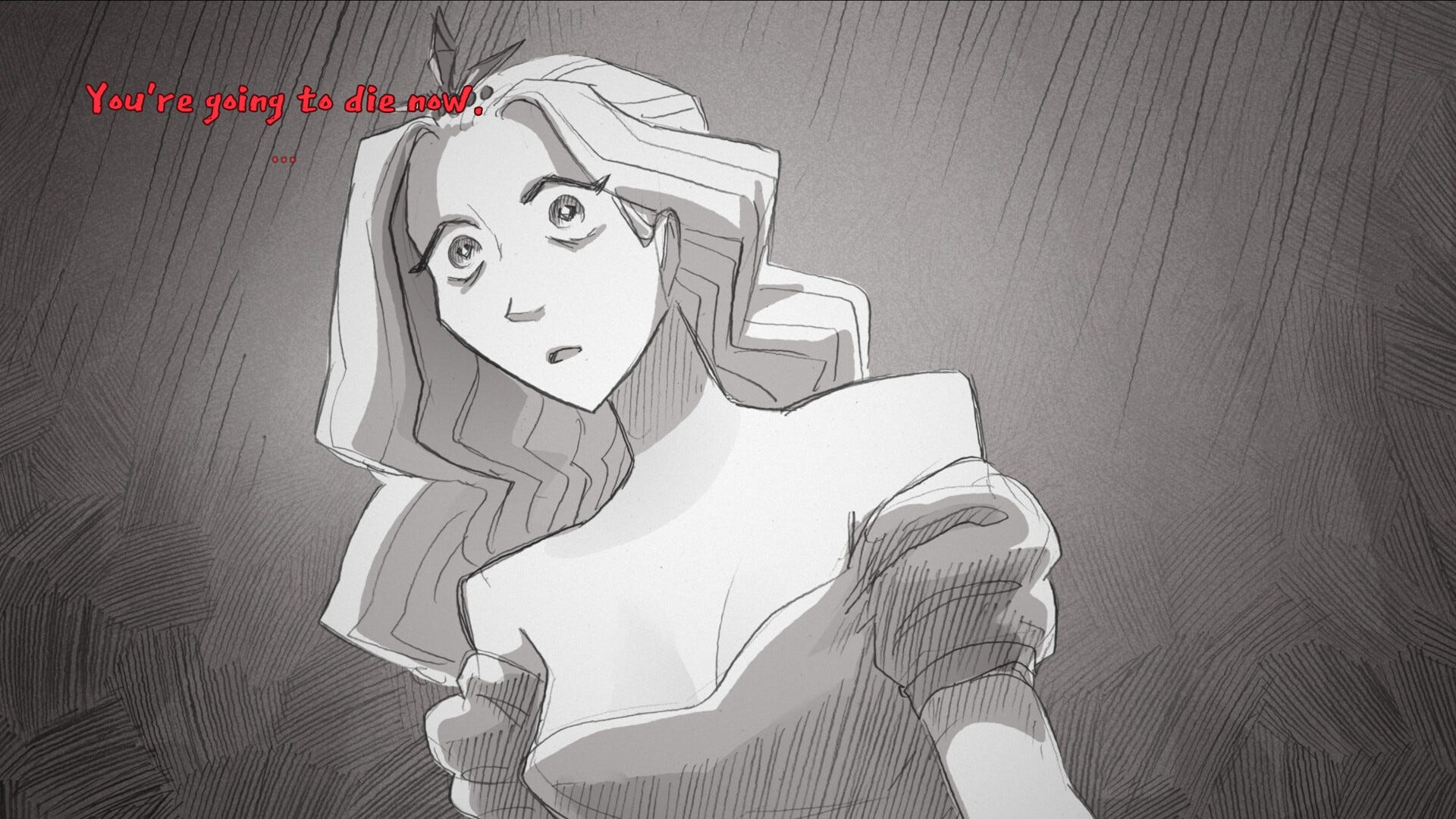Disney CFO Says Company ‘Earned’ Right To Relentless Price Hikes. Piracy Might Have Something To Say About That.
Now that streaming subscriber growth has slowed, we’ve noted repeatedly how the streaming TV sector is falling into all of the bad habits that ultimately doomed traditional cable TV.
That has involved chasing pointless “growth of growth’s sake” megamergers and imposing bottomless price hikes and new annoying restrictions — all while simultaneously cutting corners on product quality and staff in a bid to give Wall Street that sweet, impossible, unlimited, quarterly growth it demands.
Executives are not being particularly sensitive about it despite some hard lessons learned during the cord cutting years. On the heels of yet another recent price hike across Disney’s Disney+, Hulu, and ESPN streaming services (some as high as 25 percent), Disney CFO Hugh Johnston proudly declared that the company had “earned” the right to increasingly saddle consumers with price hikes:
“We do feel like we’ve earned that pricing in the marketplace, and we feel positively about that. With that will come scale benefits. The product improvements also should reduce churn and keep our consumers with us as they’re evaluating their options.”
We literally just went through this cycle to with traditional cable, yet the execs clearly haven’t learned a thing. When pressed during Disney’s earnings call on whether this might annoy subscribers, Disney CEO Bob Iger brushed aside those concerns:
“We’re not concerned. The goal is to grow engagement on the platform. And what I mean by that is obviously offering a wider variety of programming.”
The problem is the price hikes aren’t generally running parallel with service improvements. Prices are not only increasing; but product streaming catalogs are in many instances getting worse (see: both Marvel and Star Wars properties recent sag in quality and critical acclaim).
At the same time, users are facing more technical restrictions than ever in the forms of device restrictions or password sharing crackdowns. Staff are simultaneously being cut or asked to do more, with less.
Wall Street and the traditional business press laud this behavior because executives are simply looking to maximize shareholder value over the short term. The price hikes helped Disney streaming efforts reach slight profitability for the first time ever, helping convince execs that they’re somehow inherently owed massive profits now that they’ve staked out a beachhead in the streaming wars.
Of course nobody is owed anything. And there’s something these folks really don’t want to talk about: namely that, just like a traditional television industry destroyed by this exact same behavior by the extraction class, none of this is sustainable.
Wall Street’s need for improved quarterly returns at any cost inevitably leads to a sort of auto-cannibalization of product quality. You can’t deliver improved returns through subscriber growth anymore, so executives start looking at restrictions (fewer simultaneous streams, more ads, surcharges for streaming in 4K, etc.), layoffs, price hikes, production cuts, customer service cuts, and pointless, massive mergers that misdirect energy and attention away from improving product quality.
Financial deregulation has ensured there’s no real foundational interest (or financial incentive) in building lasting consumer trust, brand loyalty, or product quality. The focus is short term stock jumps and tax breaks, with the latter repercussions being somebody else’s problem (most immediately consumers and labor, but ultimately execs that have to come in later and restructure everything after the ship runs aground).
Customers might not balk at higher streaming prices immediately. For many (especially compared to traditional TV) streaming still provides a decent value proposition, and Iger was quick to insist they’re not seeing much churn yet in response to hikes. But this isn’t a cycle in which Wall Street can ever be truly satisfied. And streaming is on an accelerated timeline to what traditional cable experienced.
As you saw with traditional cable, product and brand degradation and continues until users ultimately flock to competing, more affordable options, which usually includes piracy. Piracy rates are already rising again in response to executive decisions, and executives seem poised and ready to blame everything but themselves for file sharing’s growing resurgence.








